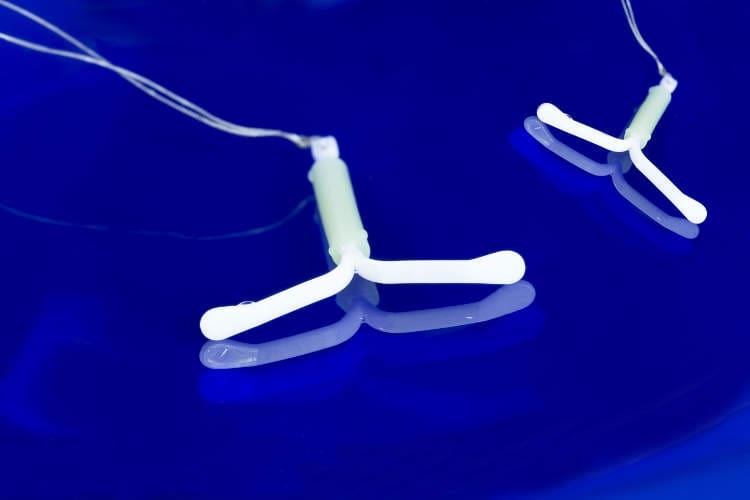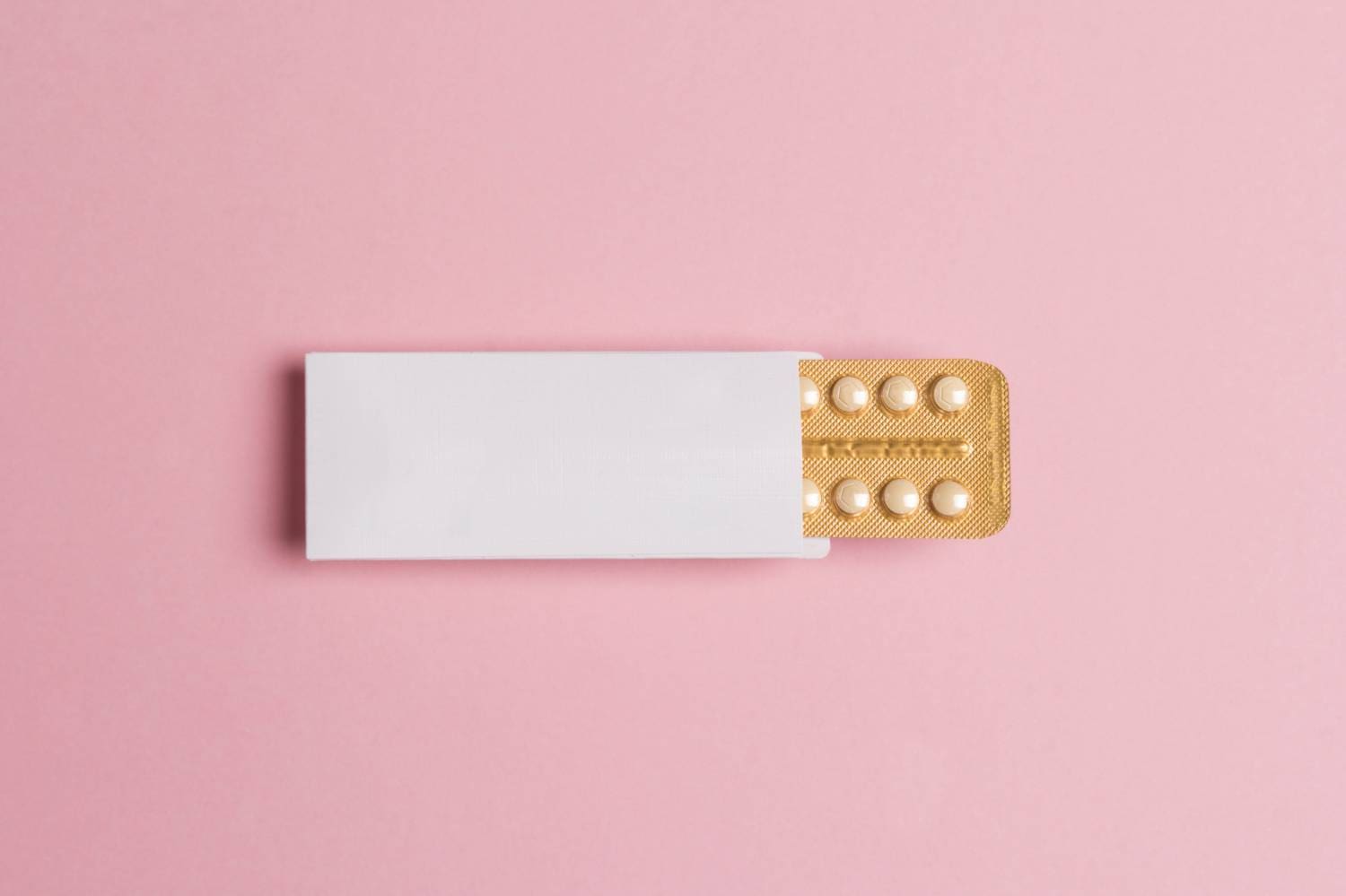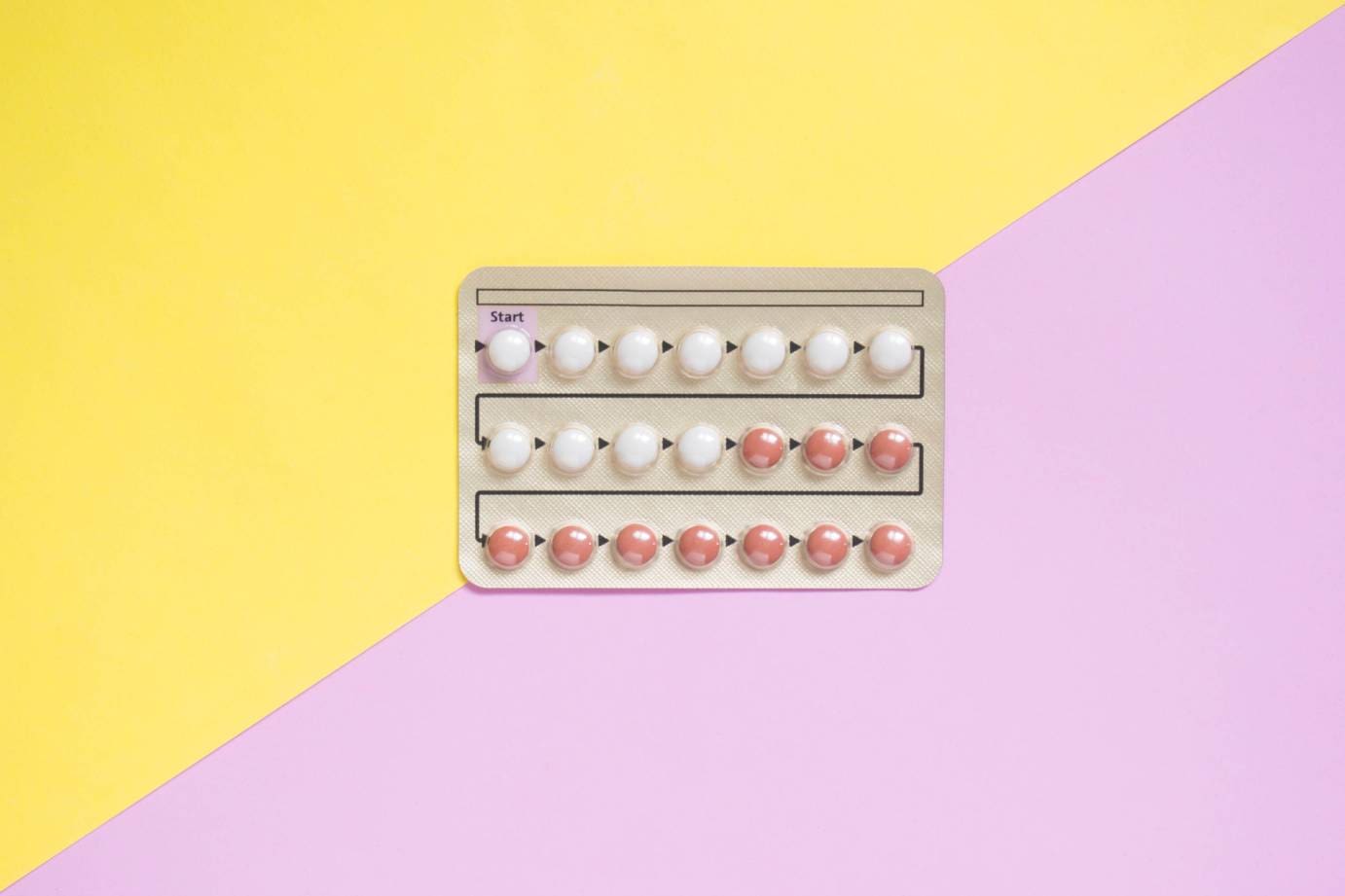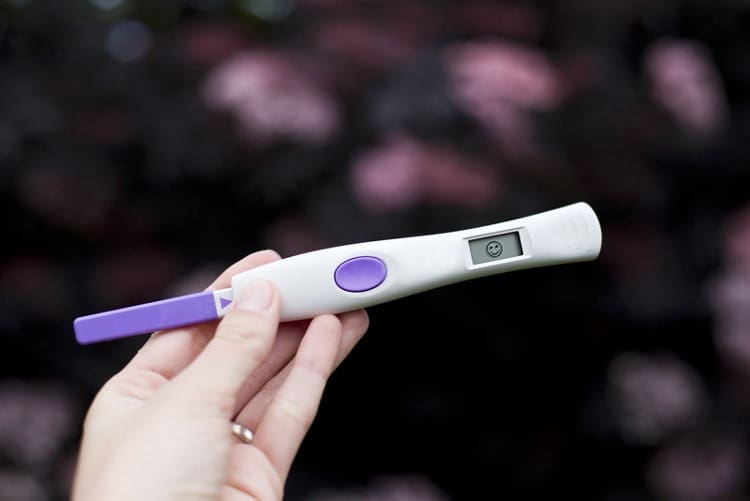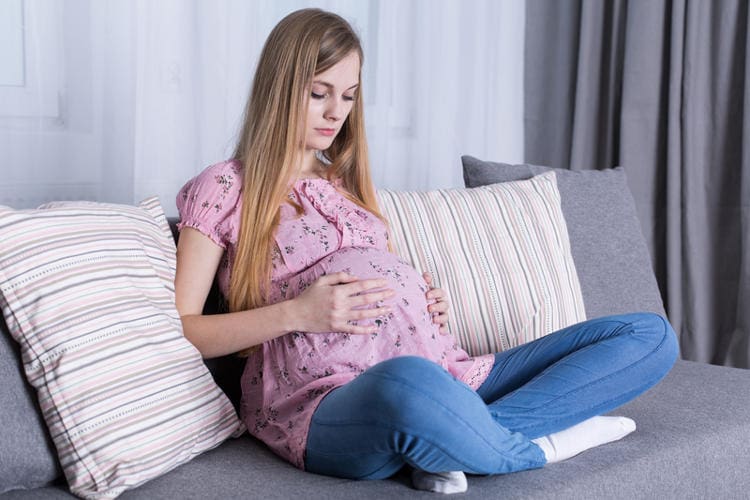Learn about the different types of intrauterine devices (IUD), their effectiveness as contraception, how they’re inserted and possible side effects
breast-feeding
Contraception: hormone implant
A hormone implant (Implanon NXT) is a small contraceptive device used to prevent pregnancy. It is inserted beneath the skin and provides reliable contraception for up to 3 years.
Contraception: the mini (progestogen-only) pill
The mini pill or progestogen-only pill is a type of contraception that you take as tablets. It contains a low dose of the synthetic hormone progestogen.
Contraception: the combined pill
The combined oral contraceptive pill (also known as 'the pill') is a form of hormonal contraception that when used properly is a very effective and safe way to prevent pregnancy.
Pregnancy planning
Whether you are thinking about having a baby for the first time or have been pregnant before, with a little planning you can give yourself the best chance of a healthy pregnancy and baby.
Ovulation testing
If you are trying to get pregnant, ovulation testing can help you work out when you are likely to ovulate and find your most fertile days. There are also natural ways of predicting the best time to conceive.
Getting pregnant
Getting pregnant is easy for some women, but for others it can be a difficult. Women are most fertile between 20 and 24 years of age, after which fertility declines.
Folic acid and your pregnancy
Folate is used within the body for cell regeneration and growth. Pregnant women need about one and half times as much as other adults.
Childbirth – pain relief options
There are many options for pain relief during labour and childbirth, including having an epidural. Find out what's available before you are due to give birth, and the pros and cons of each option.
Contraception: sterilisation implants (Essure)
Essure sterilisation implants are a type of permanent contraception for women. Find out how they work and their advantages and disadvantages.

